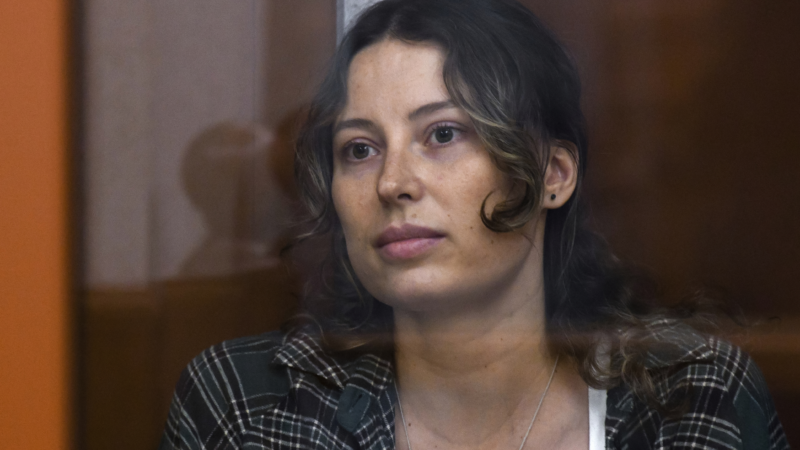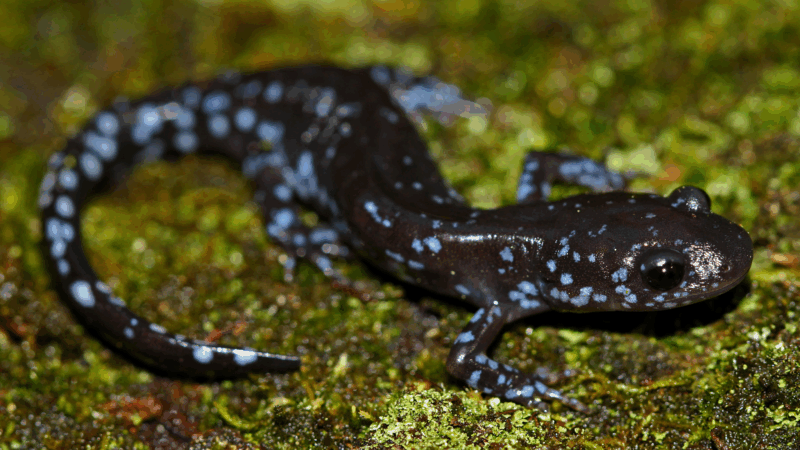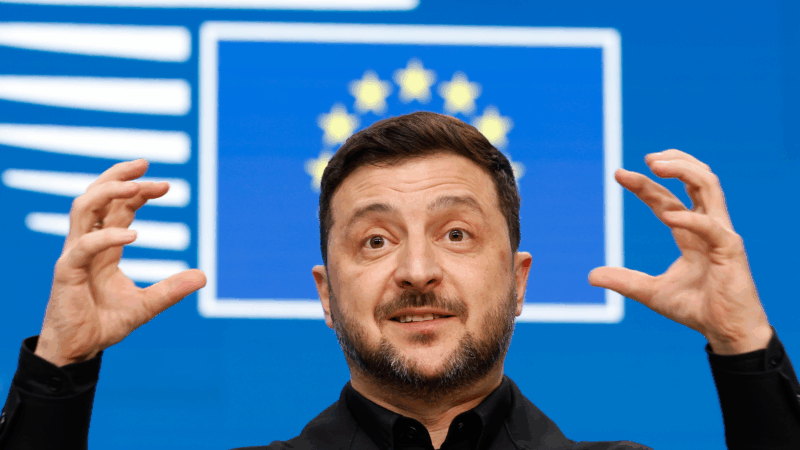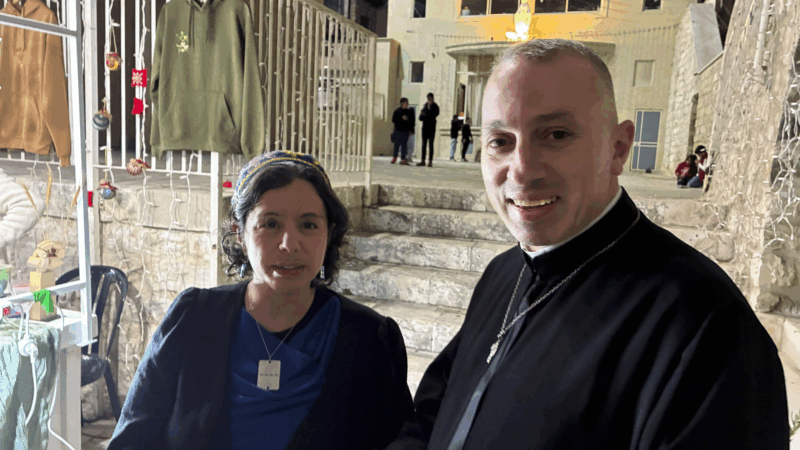U.S.-Russia ballerina freed in prisoner swap
MOSCOW, Russia — The U.S. and Russia announced they have carried out another prisoner swap — the second such exchange since Donald Trump returned to the White House vowing to improve relations with the Kremlin and end the war in Ukraine.
According to the deal negotiated by the countries’ intelligence agencies, Russia released Ksenia Karelina, a dual Russian and American citizen who had been serving out a 12-year sentence in a maximum security prison colony.
A native of Russia’s Ural mountains who later moved to Los Angeles, the 33-year-old ballet dancer was detained while visiting her parents in Russia in February of last year.
The reason: Karelina had donated just over $50 to a U.S.-based Ukrainian aid charity, on February 24, 2022, the day Russia launched its full-scale invasion of Ukraine. Prosecutors accused her of financing the Ukrainian army, a charge for which she was later convicted of treason.
Under the exchange, the U.S. had freed Arthur Petrov, a dual Russian-German citizen accused of illegally exporting military grade electronics in violation of U.S. sanctions on Russia over its actions in Ukraine.
The swap was negotiated through both country’s security agencies and carried out at an airport in the United Arab Emirates capital of Abu Dhabi.
Video footage released by Russia’s Federal Security Service showed the tarmac exchange, one that appeared far less tense than several U.S.-Russian prisoner swaps that took place under the Biden administration, and included convicted spies and political prisoners.
Instead, security officials — their faces blurred from view — appeared to chat amicably with their American interlocutors as Karelina and Petrov looked on.
Petrov, receiving a medical inspection upon boarding a Russian government plane, noted he was “a little tired” but had no complaints about his treatment by American authorities.
In statements to Russian state media, the FSB also noted Russian President Vladimir Putin had issued a pardon to Karelina ahead of her release.
The Kremlin’s spokesman Dmitry Peskov, declined to comment on the trade during his daily briefing with reporters.
Karelina’s lawyer also told Russian media his client had made phone calls to family en route.
From the American side, CIA director John Ratcliffe was on hand personally to bring Karelina back to the U.S., according to the Wall Street Journal, which first broke news of the exchange.
White House officials, too, celebrated Karelina’s release as another victory for what they tout as President Trump’s ‘peace through strength’ approach to diplomacy.
“American Ksenia Karelina is on a plane back home to the United States,” wrote Secretary of State Marco Rubio in a post to X.
“She was wrongfully detained by Russia for over a year and President Trump secured her release,” added Rubio, noting that Trump would “continue to work for the release of ALL Americans.”
In February, the Trump White House negotiated the release of Marc Fogel, an American school teacher who was serving out a sentence on charges of drug trafficking, in exchange for convicted Russian cybercriminal Alexander Vinnik.
The move was widely seen as a Kremlin gesture to set a friendlier tone with Trump given his stated ambitions to re-engage with Moscow and negotiate an end to the war in Ukraine.
30 years ago, ‘Waiting to Exhale’ was the blockbuster Hollywood didn’t anticipate
The 1995 adaptation of Terry McMillan's novel celebrated the beauty of Black sisterhood.
When porch pirates steal medicine instead of holiday gifts
Mail theft can happen around the holidays, but sometimes, instead of getting a new iPad, the thief swipes a mail order medicine. Here's what to do about it.
Timothée Chalamet, a Neil Diamond tribute band and more in theaters for Christmas
Also in theaters this week, Jack Black and Paul Rudd star in a meta reimagining of Anaconda, Amanda Seyfried in a Shaker origin story, and Ralph Fiennes plays a World War I-era choirmaster.
In the snow, these salamanders get supercool
Blue spotted salamanders have been seen walking across snow and new research suggests how they get by in the cold.
U.S. and Ukraine reach consensus on key issues aimed at ending the war
The United States and Ukraine have reached a consensus on several critical issues, but sensitive issues around territorial control in Ukraine's eastern industrial heartland remain unresolved.
Despite Vatican-Israel tensions, Catholics and Jews work to build trust in Haifa
Religious leaders started getting together after Oct. 7, 2023, in the hope of preventing a repeat of Arab-Jewish violence that erupted after a previous conflict in Gaza two years earlier.









